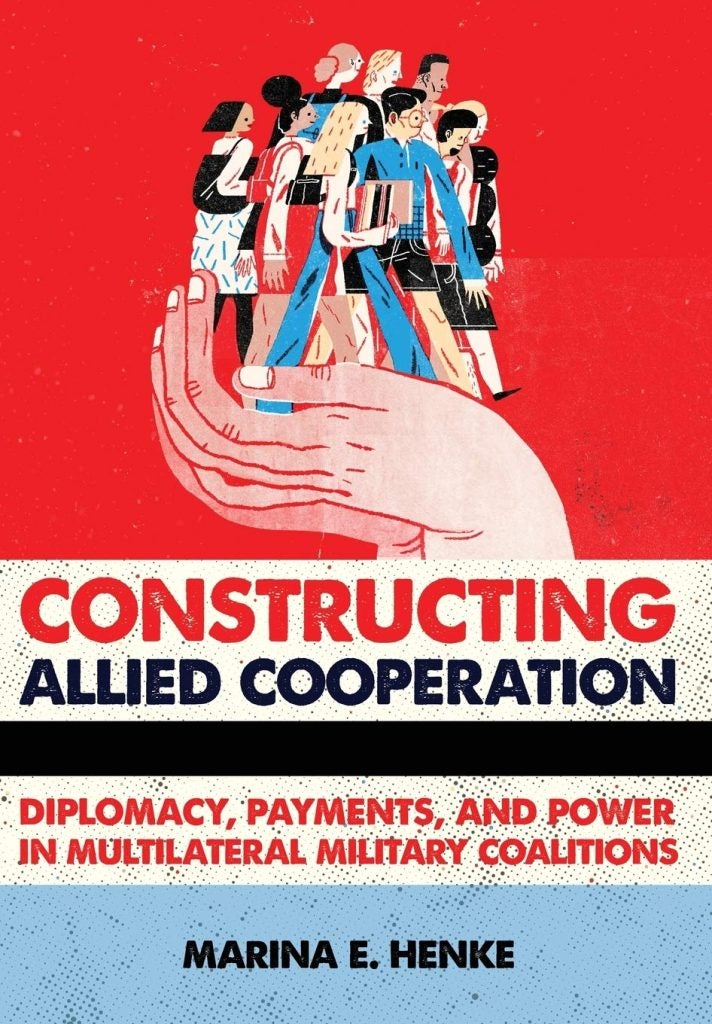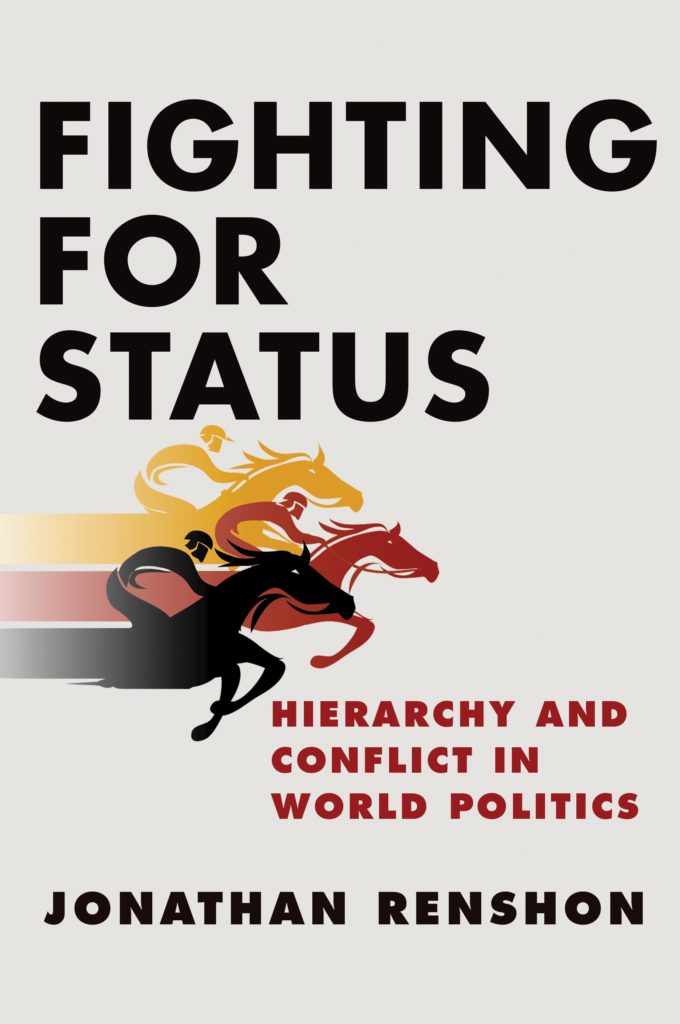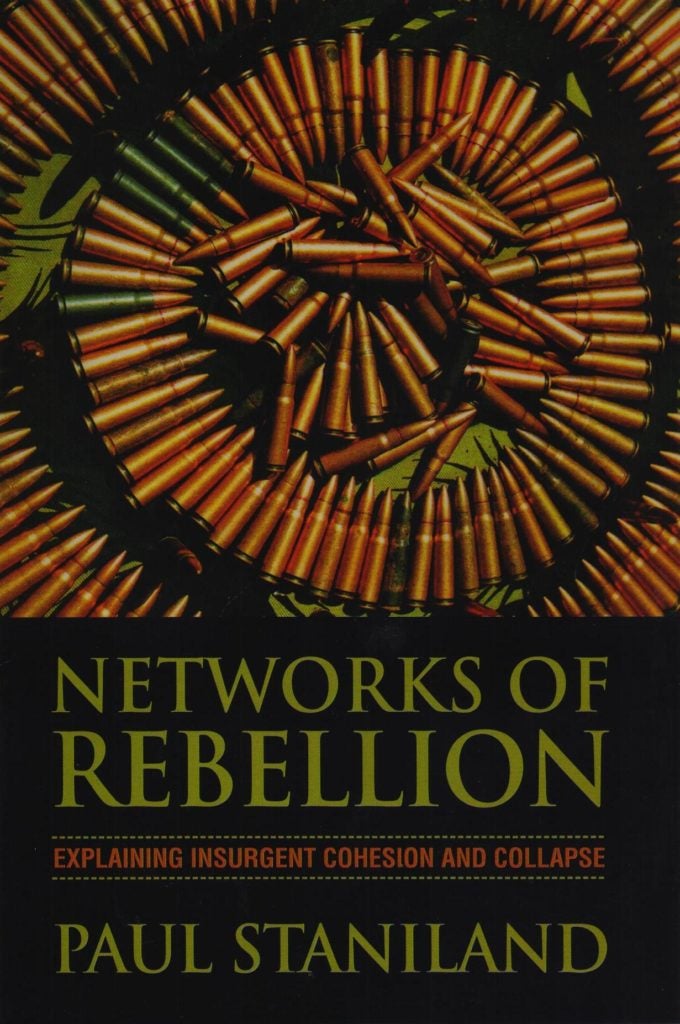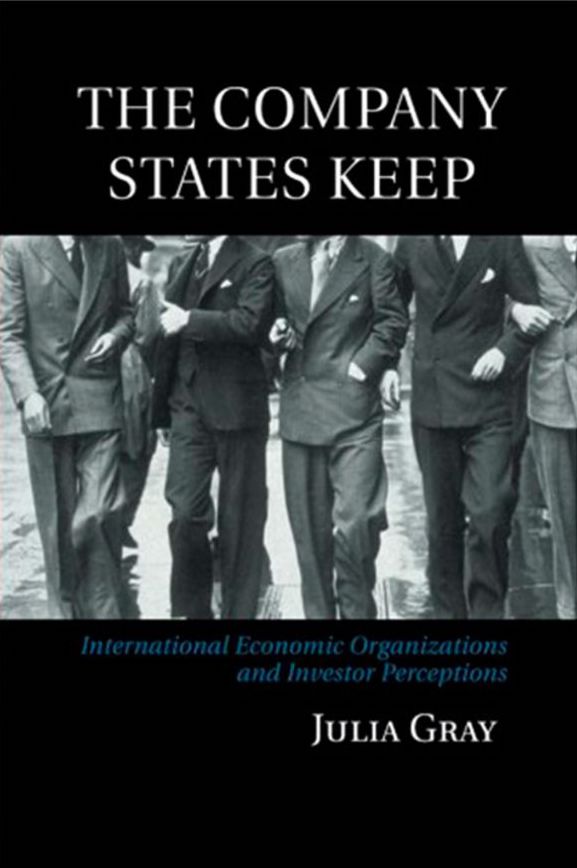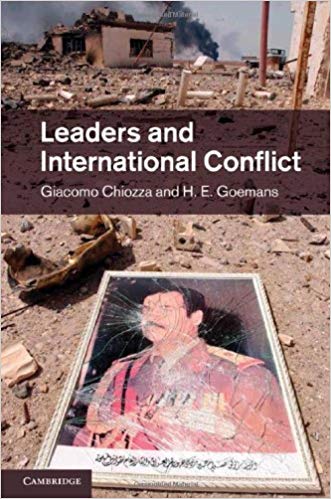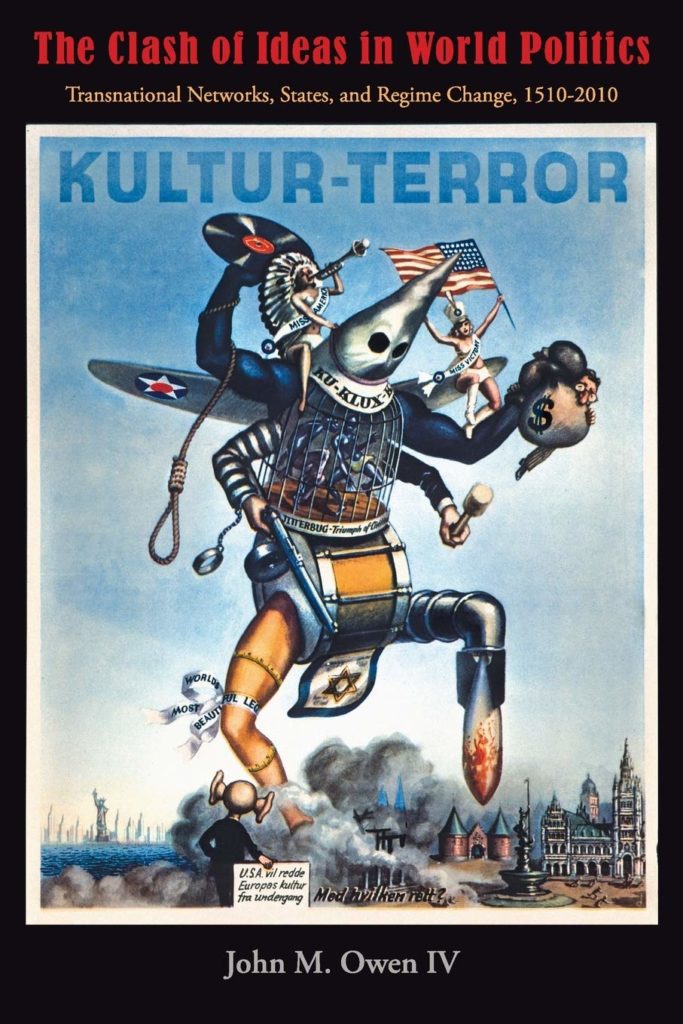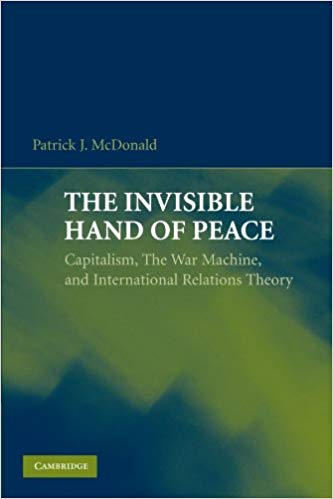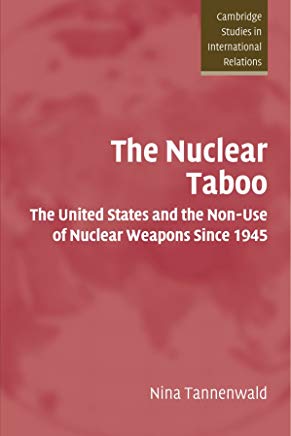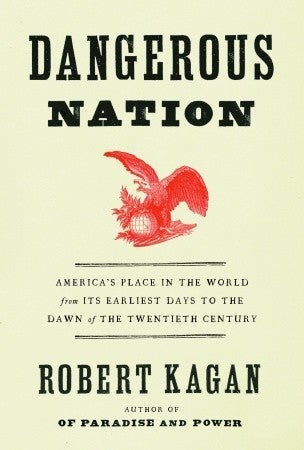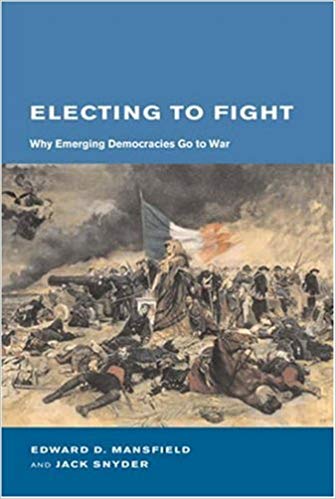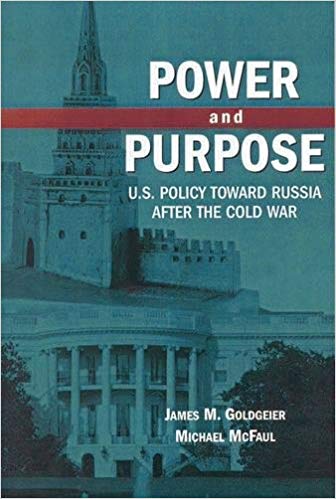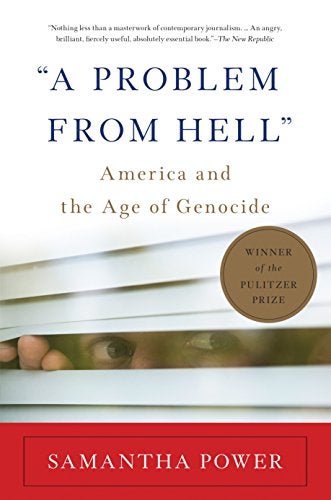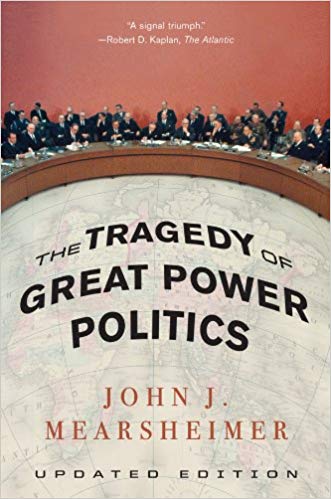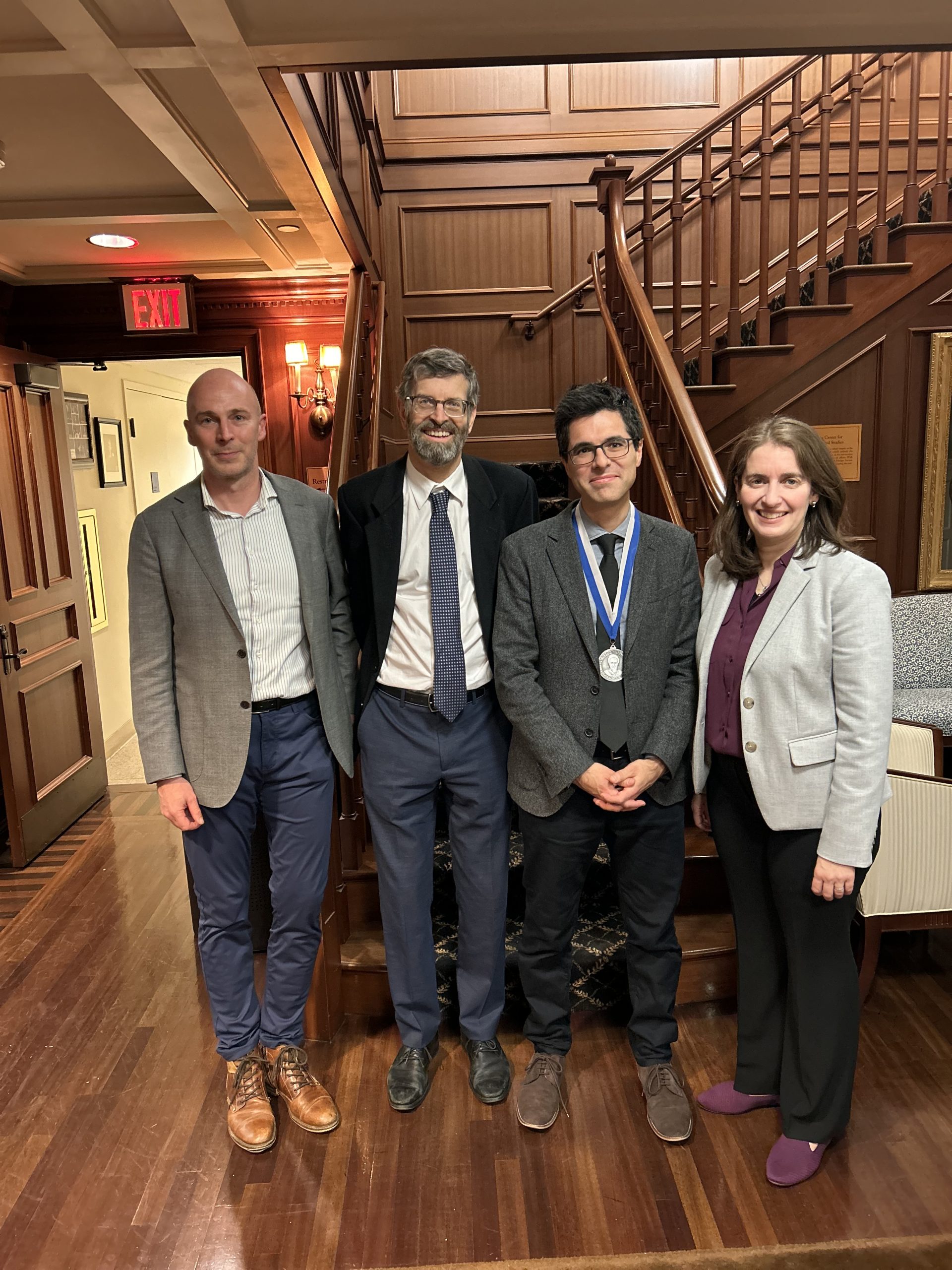Lepgold Book Prize
The Georgetown University Lepgold Book Prize honors Joseph S. Lepgold, a Georgetown University Government and School of Foreign Service professor who died in a tragic hotel fire in Paris in December 2001. The prize honors exceptional contributions to the study of international relations, with particular emphasis on the resolution of critical policy challenges, published each calendar year.
The prize awards $1,000 to the author of the best book in international relations, broadly conceived, each year. To receive the award, the winning author agrees to give a lecture on his or her scholarship at the Mortara Center.
We are pleased to announce the 2023 Lepgold Prize winner has been selected!
2023 Lepgold Prize Winner
The winner of the 2023 Lepgold Book Prize is Didac Queralt for Pawned States: State Building in the Era of International Finance (Princeton University Press, 2022). Didac Queralt will discuss his research at this year’s Lepgold Book Prize Award and Lecture at the Mortara Center on November 30, 2023.
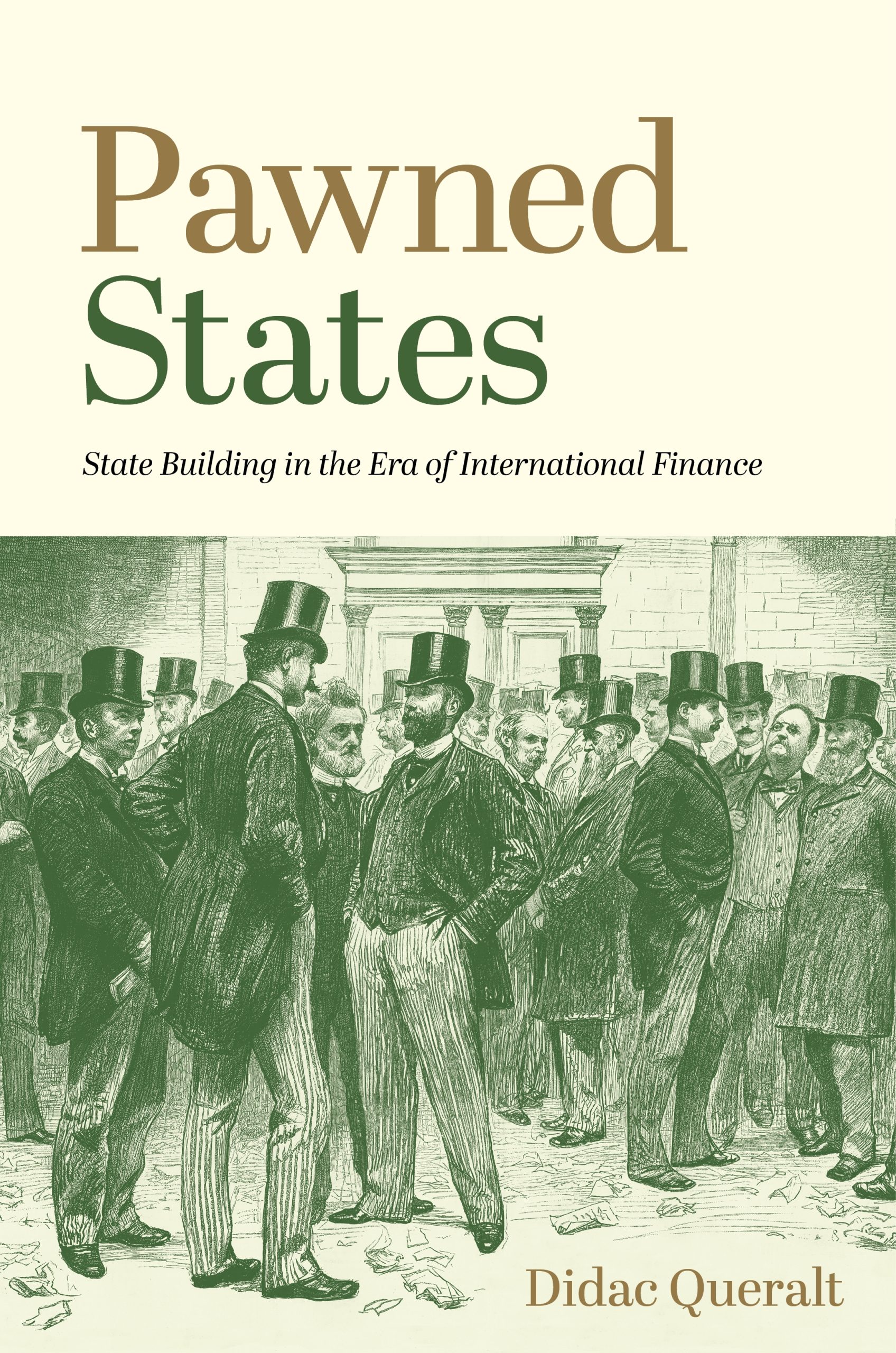
About the 2023 Prize Winning Book
In the nineteenth century, many developing countries turned to the credit houses of Europe for sovereign loans to balance their books and weather major fiscal shocks such as war. This reliance on external public finance offered emerging nations endless opportunities to overcome barriers to growth, but it also enabled rulers to bypass critical stages in institution building and political development. Pawned States reveals how easy access to foreign lending at early stages of state building has led to chronic fiscal instability and weakened state capacity in the developing world.
Drawing on a wealth of original data to document the rise of cheap overseas credit between 1816 and 1913, Didac Queralt shows how countries in the global periphery obtained these loans by agreeing to “extreme conditionality,” which empowered international investors to take control of local revenue sources in cases of default, and how foreclosure eroded a country’s tax base and caused lasting fiscal disequilibrium. Queralt goes on to combine quantitative analysis of tax performance between 1816 and 2005 with qualitative historical analysis in Latin America, Asia, Africa, and the Middle East, illustrating how overreliance on external capital by local leaders distorts their incentives to expand tax capacity, articulate power-sharing institutions, and strengthen bureaucratic apparatus.
Panoramic in scope, Pawned States sheds needed light on how early and easy access to external finance pushes developing nations into trajectories characterized by fragile fiscal institutions and autocratic politics.
Pawned States: State Building in the Era of International Finance (2022) is part of the Economic History of the Western World Series of Princeton University Press.
About the Author
Didac Queralt is assistant professor of political science at Yale University. He conducts research at the intersection of comparative and international political economy with a focus on state building. His findings have been published in top journals, including the American Journal of Political Science, International Organization, the Quarterly Journal of Political Science, International Studies Quarterly, Comparative Political Studies, and Explorations in Economic History. He holds a PhD from New York University (2012) and before joining Yale he worked as a Junior Research Fellow at the Institute of Political Economy & Governance in Barcelona. In his new book-length project, Queralt examines the historical origins of foreign aid and its consequences for state building.
Past Winners of the Lepgold Book Prize


